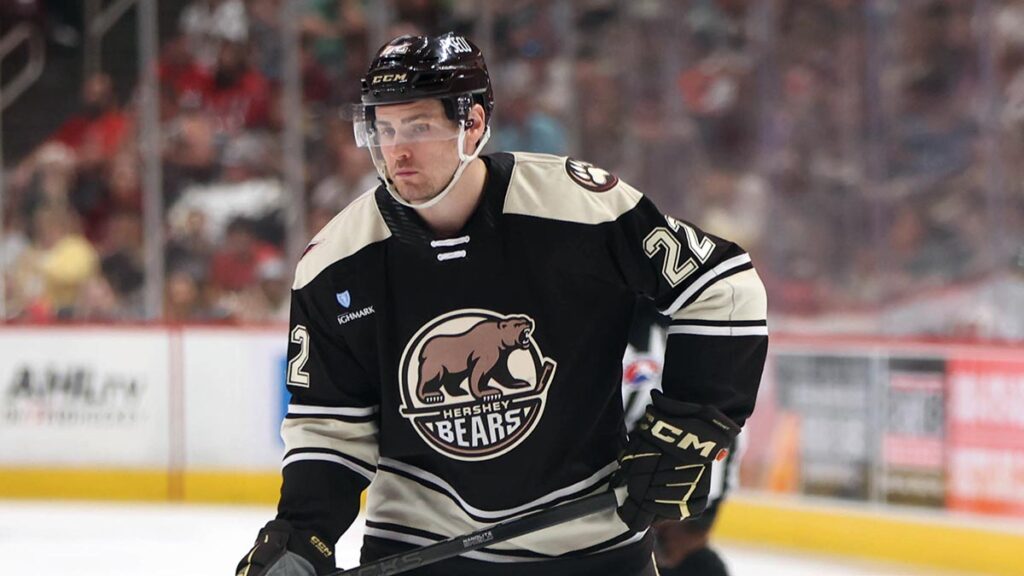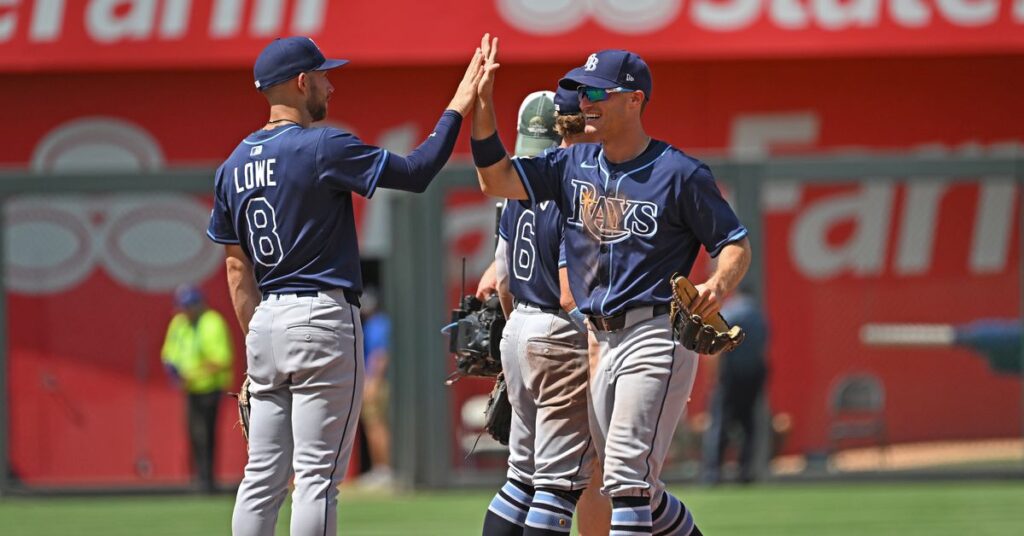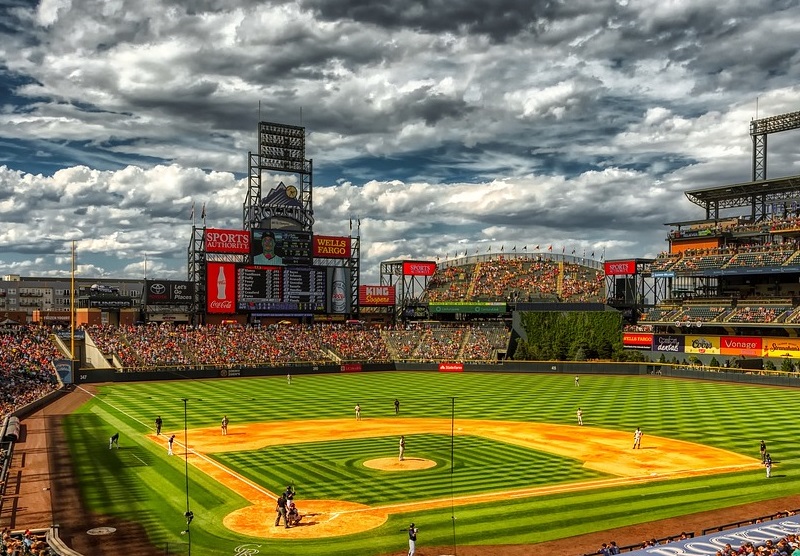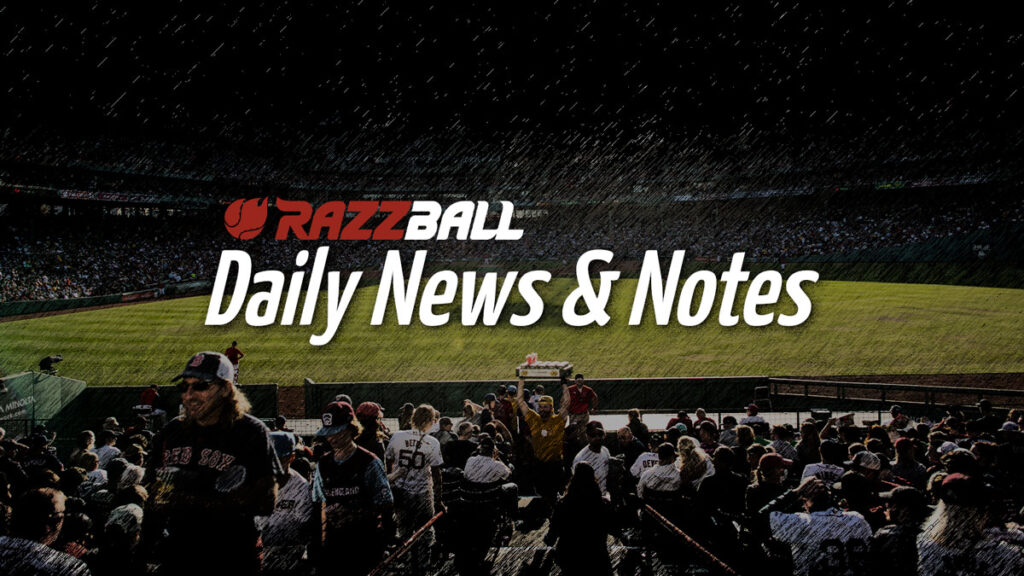Division I schools received clarification Wednesday on their involvement in NIL activities, including the rules of engagement with booster-backed collectives.
The D-I Board of Directors voted unanimously to issue new guidance to member schools, which includes a non-exhaustive list of what is and isn’t permissible.
“The NIL landscape is constantly evolving, and the Board of Directors decided it was important to offer further guidance with respect to a number of key questions that have arisen recently,” University of Georgia president and board chair Jere Morehead said in a statement. “As we continue to reinforce current NCAA rules, we expect to offer further guidance in the future on what should and should not be done when engaged in these activities. We are committed to fostering a fair and appropriate NIL environment that supports our students and complies with our rules.”
The board reminded schools that they can and should educate students regarding NIL in areas such as financial literacy and taxes. They can also inform athletes about potential opportunities or make connections between athletes and donors (or collectives), though they cannot negotiate a deal on behalf of a player or a collective. School staff members are not allowed to also be employed by or have an ownership stake in a collective.
Schools are also allowed to request that donors contribute to collectives as long as the school isn’t directing the funds to a specific sport or athlete. Other examples of permissible conduct include arranging space on campus for a meeting between an athlete and a collective as well as retweeting an athlete’s NIL activity. Schools are not allowed to provide free services (graphic designers, tax preparation or contract review) to athletes unless those services are available to the general student body.
The new NIL guidance does not change NCAA rules; it aims to clarify and contextualize those existing rules in a largely unregulated space. Many coaches and athletic directors have publicly expressed their belief it is being used as a recruiting inducement both for high school prospects and transfer players. The NCAA’s enforcement staff has begun investigating alleged rule-breaking in that space, but no schools have been punished so far.
On Wednesday, the board also adopted a proposal for new allegations regarding potential NIL violations.
“When information available to the enforcement staff indicates impermissible conduct occurred, the enforcement staff and Committee on Infractions will presume a violation occurred unless the school clearly demonstrates that the behaviors in question were in line with existing NCAA rules and the interim policy,” the board wrote.
(Photo: Erica Denhoff / Icon Sportswire via Getty Images)






